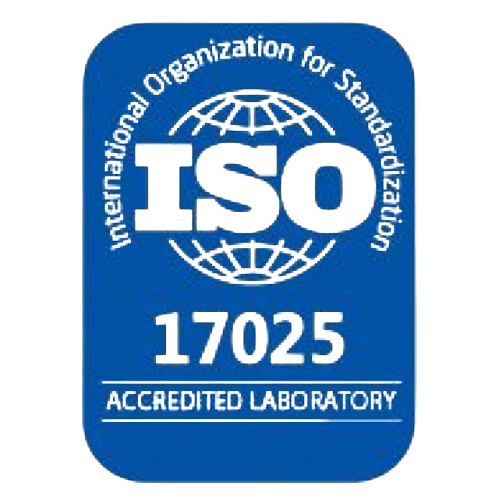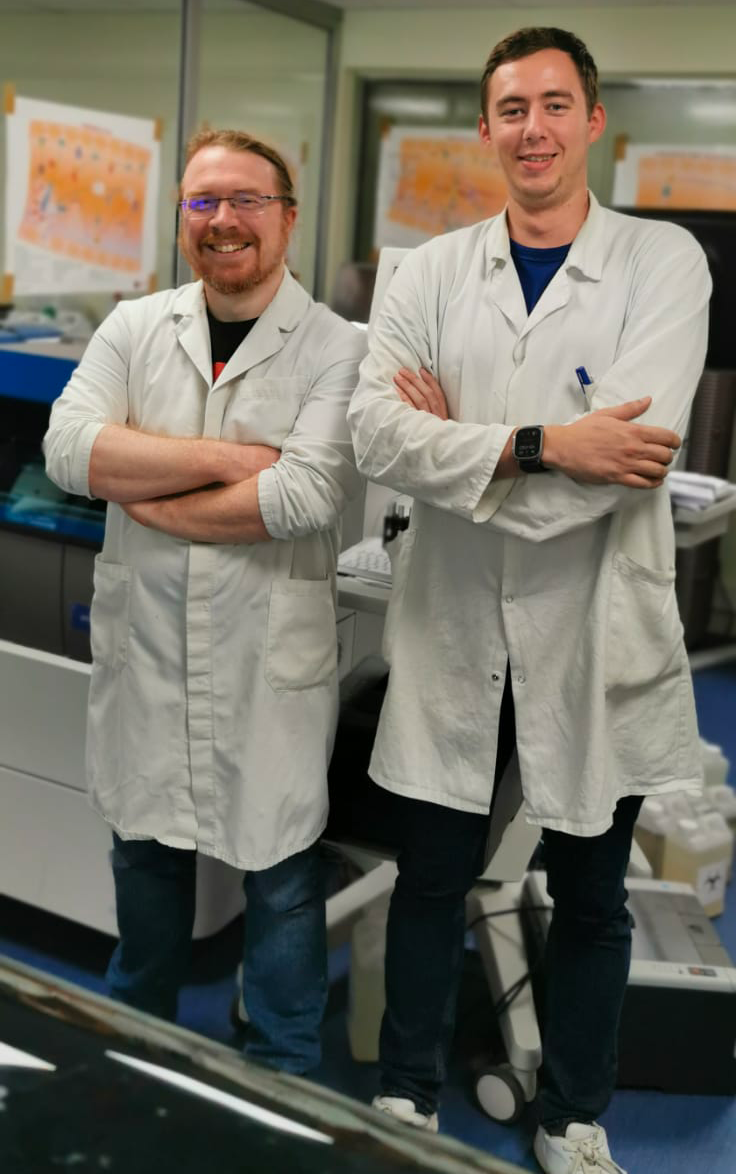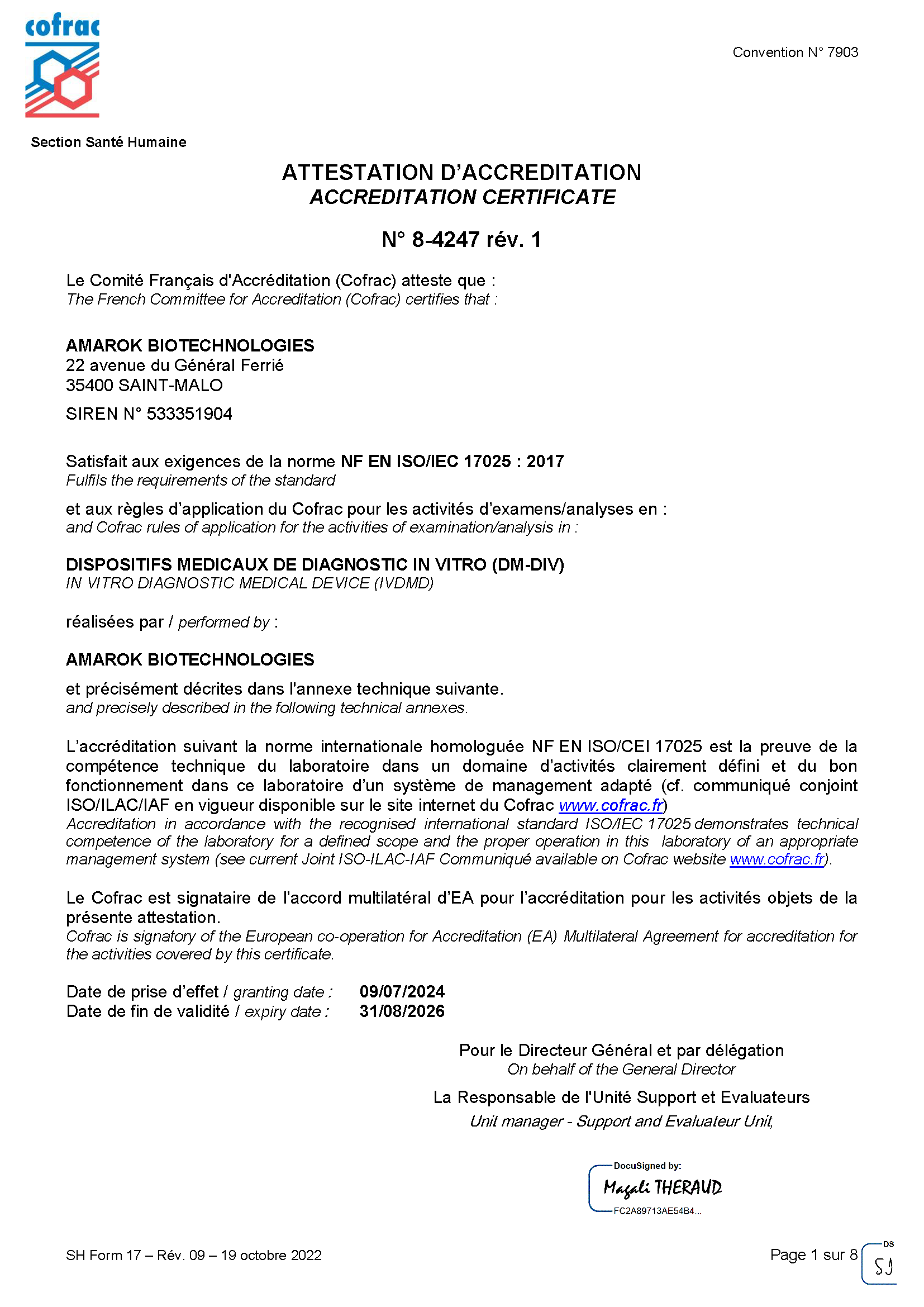Clinical performance evaluation is one of the three pillars of evaluating the performance of an in vitro diagnostic device. Indeed, it adds to the demonstration of scientific validity and the evaluation of analytical performance.
If the device is innovative, the data can be based on a demonstration of equivalence with an existing IVD. This approach requires a very rigorous analysis to establish a solid equivalence, in terms of technology used, performance, and clinical use.
A specific study of clinical performance is necessary if data are insufficient, particularly for class D devices which present the highest level of risk.
In summary, clinical performance can be demonstrated via:
- clinical performance studies;
- the study of the state of the art (peer-reviewed literature);
- published routine diagnostic tests.
The new regulatory requirements of the IVDR, both in terms of documentation and reporting and performance evaluation, involve additional resources and also lead to administrative overloads.


















